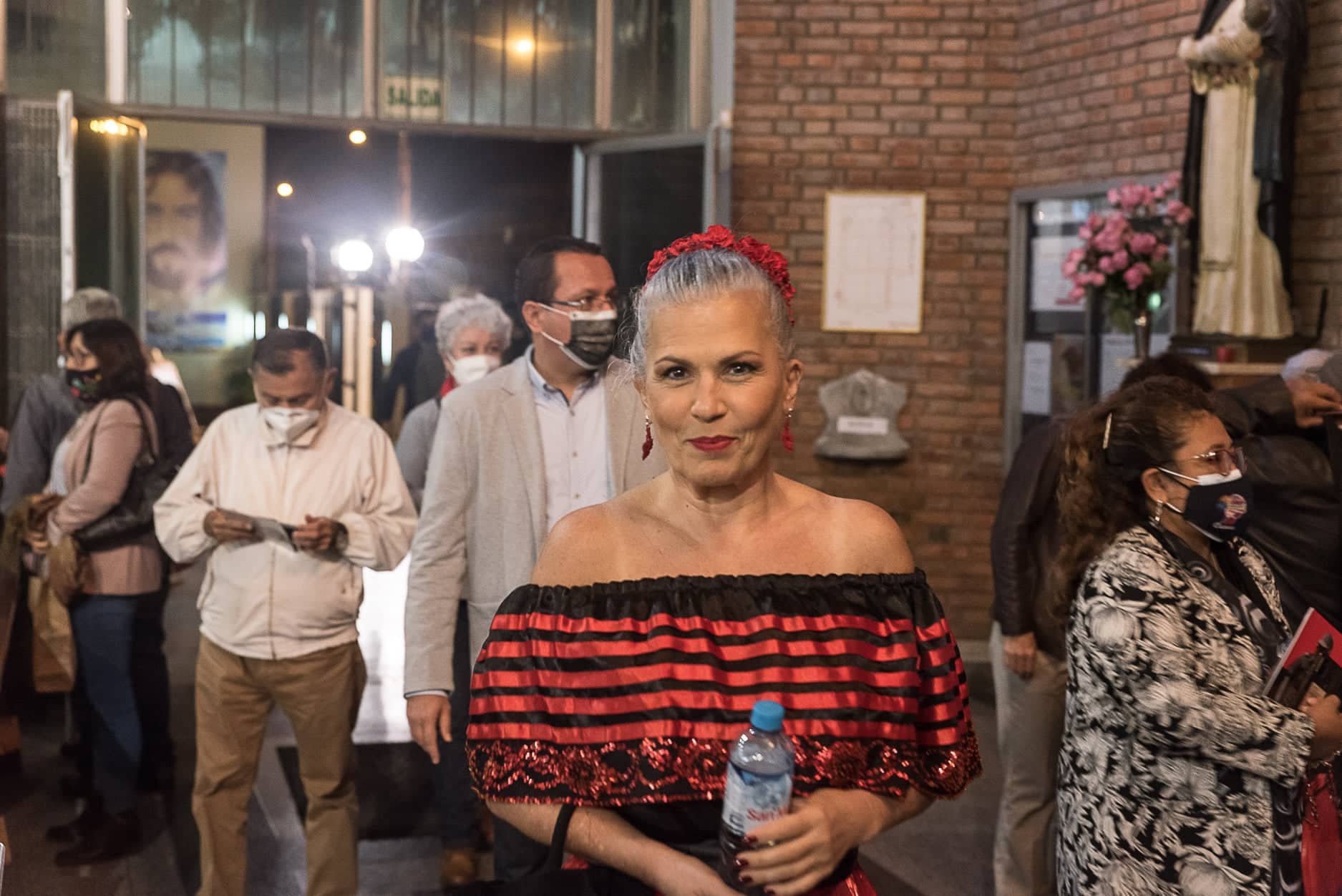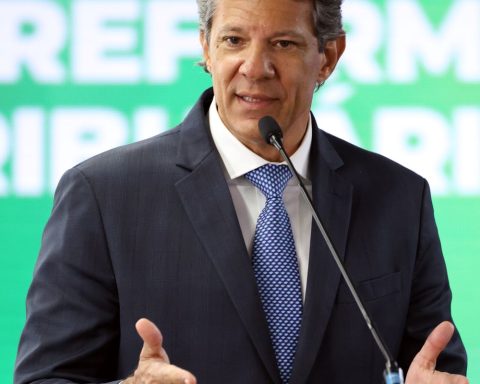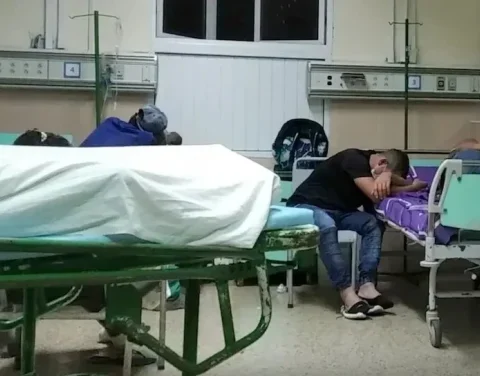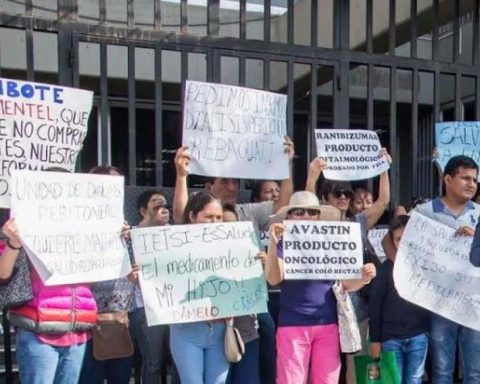The Ortega-Murillo regime put an end this Wednesday, December 21, to the appointment of Marcela Pérez Silva, widow of the late Sandinista commander Tomás Borge Martínez, as Nicaraguan ambassador to Peru, according to the presidential agreement number 184-2022.
Pérez Silva assumed that position in June 2012, just over a month after the death of her husband, who was her predecessor. It is unknown if the Peruvian singer and actress will be appointed to another position by the dictatorship, of which she has been a staunch defender.
On the verge of the tenth anniversary of Borge’s death, at the end of last April, for example, Pérez Silva offered a biased version of the situation in Nicaragua in the framework of the inauguration of an exhibition of photographs that was intended to recall the “ethical legacy” de Borge, one of the founders of the Sandinista National Liberation Front (FSLN).
For former ambassador Pérez, the 2018 massacre should be considered a victory, when “Sandino’s people, with Tomás as a shining banner, managed to defeat the failed coup, orchestrated from Washington through its NGOs (USAID, NED).”
The official supported the thesis with which Ortega justified a brutal repression against peaceful protesters who called for her resignation and that of Vice President Rosario Murillo, after the popular demand for an unconsulted reform of social security.
According to the Inter-American Commission on Human Rights (IACHR), at least 355 died in the context of the protests and 2,000 were injured. The leadership of the Police was indicated by the commission of crimes against humanity.
We recommend you read: Bishop Silvio Báez: “Today’s tyrants continue to be like Pilate, cynical and cruel”
The cases reported are, however, in impunity, while Ortega alleges an alleged foreign intervention to sustain a de facto police state that has violated the rights of citizens. Nicaragua is today one of the most serious cases in terms of DD. H H. in the region.
“Tomás’s greatest victory is that, despite what they wanted, peace reigns in Nicaragua, guarded by the sentinels of the joy of the people: the Police that Tomás founded,” said the former ambassador last April.
Borge is remembered for his repressive past in the eighties, when he was in charge of the Ministry of the Interior, but also for his enrichment resulting from the sale of land from which he appropriated at the end of the revolution and whose sale accelerated after Ortega took power in 2007.
Ambassador in Colombia lasted three months
In the same Gaceta of this December 21, Ortega announced other changes in the diplomatic corps, the most notable of them, the removal of the Nicaraguan ambassador in Colombia, Gadiel Francisco Arce Mairenawho was transferred as minister counselor with consular functions to Peru after spending three months in Bogotá.
The appointment of no ambassador in Colombia is not reported either, but there is a new counselor minister in that country: Milagros del Carmen Urbina Rocha, who on her Twitter account defines herself aseither “Rubenian Sandinista Diplomacy”according to political sources.
The diplomatic relationship with Colombia has been marked by tensions in recent years. The government of Iván Duque denounced the human rights violations committed by Ortega against the same Nicaraguans in his administration.
His successor Gustavo Petro, since he was a candidate, questioned that in Nicaragua those who made the revolution have been imprisoned, referring to Commander Dora María Téllez, current prisoner of conscience.
Besides: Gustavo Petro: The request I made to release the (political) prisoners was not met by Nicaragua”
In a recent interview with the Colombian magazine Semana, Petro said that Ortega rejected a request for the release of the prisoners of conscience. Currently, there are at least 235. Their relatives have denounced the serious conditions to which they are subjected. They have been victims of isolation and torture. The relationship between the two countries is also mediated by the dispute between the two countries in The Hague, in which Nicaragua has been the winner since 2012, a ruling that Colombia refuses to abide by.















